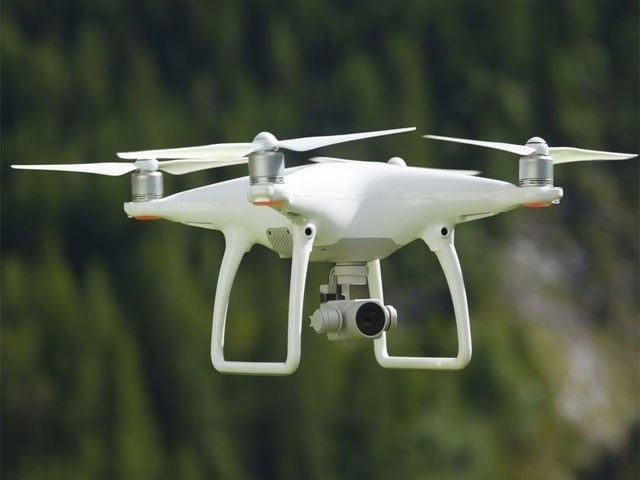London’s Guy’s and St Thomas’ NHS Foundation Trust is initiating a pilot project to transport urgent blood samples via drones. This six-month initiative aims to reduce the time taken to transport samples between hospitals from over 30 minutes to less than two.
Currently, samples are transported by van or motorbike couriers, often facing delays due to London’s heavy traffic. The new drone system, regulated by the Civil Aviation Authority, will facilitate faster transfers of blood samples, particularly for patients undergoing surgery who are at high risk of bleeding complications.
Prof. Ian Abbs, chief executive of Guy’s and St Thomas’, expressed excitement for the project, noting its alignment with the Trust’s goals of enhancing patient care and minimizing environmental impact. “We are proud to be the first trust in London to trial this innovative approach,” he stated.
Developed in collaboration with healthcare logistics firm Apian and drone delivery company Wing, the pilot is part of a larger effort to integrate drone technology into healthcare logistics. Recent studies indicate that drones can safely transport blood samples without compromising their viability. A 2016 study by Timothy Amukele at Johns Hopkins Hospital confirmed that red blood cells, platelets, and plasma remain unaffected during drone flights, even under varying temperatures.
Additionally, NHS Blood and Transplant conducted a successful trial earlier this year, which demonstrated that the quality of blood transported by drones was comparable to that of samples delivered by road.
This pioneering trial in London could pave the way for broader adoption of drones in delivering critical medical supplies across the NHS, enhancing analysis speed and ensuring timely patient care.
The concept of drone delivery for medical supplies is not new. In 2016, Rwanda’s government partnered with Zipline, a San Francisco-based startup, to streamline blood deliveries. Zipline’s drones, capable of making up to 500 deliveries a day, have showcased the efficiency of drone systems in handling urgent medical logistics.
In the April issue of *Lancet Global Health*, an analysis of nearly 13,000 drone orders between 2017 and 2019 revealed that half of the orders were delivered in 41 minutes or less—compared to a median road delivery time of over two hours. This significant reduction in delivery time has also led to fewer wasted blood donations.
Drones are emerging as a revolutionary tool for improving healthcare access, especially in challenging terrains. In India, for instance, liberalized drone regulations have led to successful trials for delivering medical supplies and blood units, significantly reducing transport times.
As drone technology advances, experts emphasize the need for scaling up operations to make it a cost-effective solution for widespread use in healthcare logistics.



